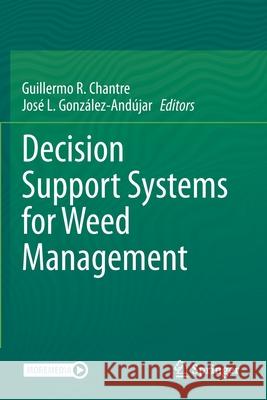Decision Support Systems for Weed Management » książka
topmenu
Decision Support Systems for Weed Management
ISBN-13: 9783030444044 / Angielski / Miękka / 2021 / 342 str.
Decision Support Systems for Weed Management
ISBN-13: 9783030444044 / Angielski / Miękka / 2021 / 342 str.
cena 697,18
(netto: 663,98 VAT: 5%)
Najniższa cena z 30 dni: 655,41
(netto: 663,98 VAT: 5%)
Najniższa cena z 30 dni: 655,41
Termin realizacji zamówienia:
ok. 16-18 dni roboczych.
ok. 16-18 dni roboczych.
Darmowa dostawa!
Kategorie:
Kategorie BISAC:
Wydawca:
Springer
Język:
Angielski
ISBN-13:
9783030444044
Rok wydania:
2021
Wydanie:
2020
Ilość stron:
342
Waga:
0.50 kg
Wymiary:
23.39 x 15.6 x 1.88
Oprawa:
Miękka
Wolumenów:
01
Dodatkowe informacje:
Wydanie ilustrowane











